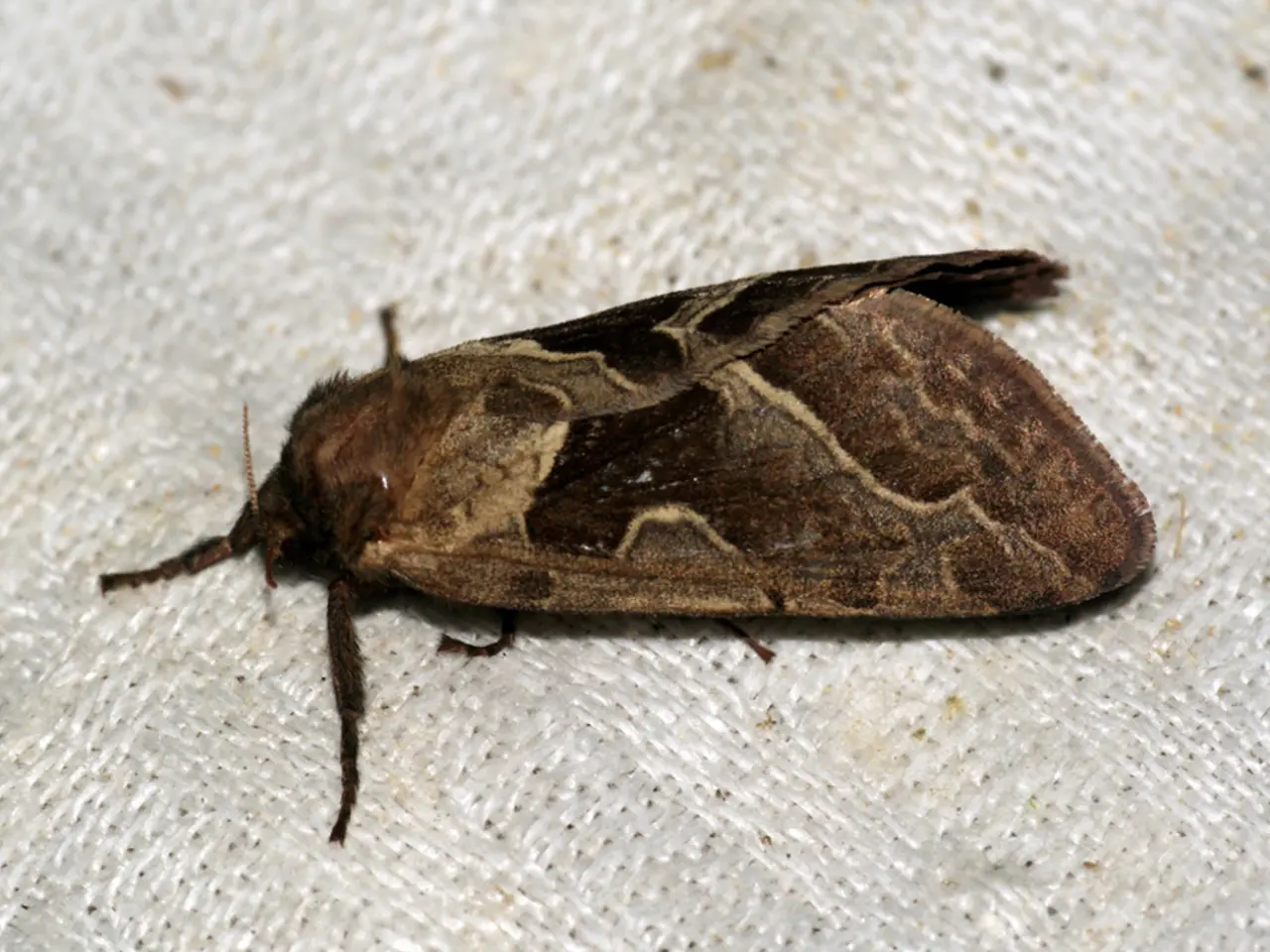Scalp Discomfort: Understanding Causes, Symptoms, and Remedies
An itchy scalp can be a nuisance, but understanding its causes and appropriate treatments can help alleviate discomfort and prevent further complications. This article aims to provide insight into common causes, symptoms, and treatments for an itchy scalp.
An itchy scalp can stem from various factors, such as dandruff (a mild form of seborrheic dermatitis), atopic dermatitis (eczema), psoriasis, allergic or contact dermatitis, fungal infections, dry scalp, poor hygiene, oily scalp, or humid environments [1][3][4][5].
Dandruff, caused by an overgrowth of certain microbes, leads to a dry, flaky, itchy scalp [1][3][5]. Seborrheic dermatitis, a common condition, can manifest as patches of thick, greasy scales on the scalp [1]. Atopic dermatitis, on the other hand, presents as a dry, red scalp, while psoriasis causes thick, red patches with silvery scales [1]. Allergic or contact dermatitis results from reactions to hair products or other allergens [1][4].
Symptoms accompanying an itchy scalp can include dryness and flaking (dandruff), redness or rash, scaling or thick plaques (psoriasis), hair thinning or shedding, and potential secondary bacterial infections from scratching wounds [1][5].
Treatments vary depending on the underlying cause. For dandruff, anti-dandruff shampoos containing ingredients like zinc pyrithione, ketoconazole, or selenium sulfide can reduce fungal growth and flaking [3][5]. Topical corticosteroids or immunomodulators may be prescribed for inflammatory conditions such as eczema or psoriasis to reduce itching and inflammation [1][4].
In persistent or severe cases, consulting a dermatologist for diagnosis and prescription treatments, including possible patch testing or lab analysis, is advisable [5]. Maintaining good scalp hygiene and avoiding harsh hair treatments that may exacerbate dryness or irritation is also crucial [3].
Scratching the scalp can worsen symptoms by damaging hair follicles, potentially causing temporary hair loss due to mechanical trauma and inflammation [1][5]. Therefore, seeking proper treatment is important to break this cycle.
Difficulty sleeping can be a sign of head lice or scabies, which are caused by parasitic insects (head lice) and human itch mites (scabies), respectively [1]. Both conditions can cause severe itching on the scalp.
Other conditions that can cause an itchy scalp include ringworm, hives, and seborrheic dermatitis, which can have similar symptoms [1]. If self-care practices do not reduce symptoms, or if there is any concern about an underlying health issue, it is recommended to see a doctor [1].
In summary, an itchy scalp can be a sign of various conditions, including dandruff, eczema, psoriasis, allergies, or infections. Treatment focuses on addressing the specific cause, reducing inflammation, and avoiding irritants to relieve symptoms and prevent hair damage [1][3][4][5].
- Fungal infections of the skin can cause an itchy scalp, leading to dry, flaky, and scaly symptoms, similar to dandruff.
- Dandruff, a mild form of seborrheic dermatitis, is often caused by an overgrowth of certain microbes and requires anti-dandruff shampoos with active ingredients like zinc pyrithione or ketoconazole.
- scalp can also be affected by atopic dermatitis (eczema), presenting as a dry, red scalp, while psoriasis causes thick, red patches with silvery scales.
- Hives can manifest on the scalp as well, causing itchiness, redness, and welts, which may be a sign of an allergic reaction.
- A psychiatric condition like depression can lead to increased scratching, exacerbating an itchy scalp and potentially causing hives or rashes.
- Eczema, a common inflammatory skin condition, can be treated with topical corticosteroids or immunomodulators to reduce itching and inflammation.
- Psoriasis, another inflammatory condition, requires specific treatments such as topical creams, light therapy, or oral medications to manage symptoms and prevent further complications.
- Obesity can increase the risk of developing scalp issues, such as seborrheic dermatitis, due to hormonal imbalances and increased oil production.9.Head lice or scabies, which are caused by parasitic insects or mites, can cause severe itching on the scalp and potentially lead to hair loss from excessive scratching.
- If an itchy scalp persists or is accompanied by concerning symptoms, such as extreme redness, oozing, or hair loss, seeking medical attention from a healthcare provider or dermatologist is essential for proper diagnosis and treatment.




